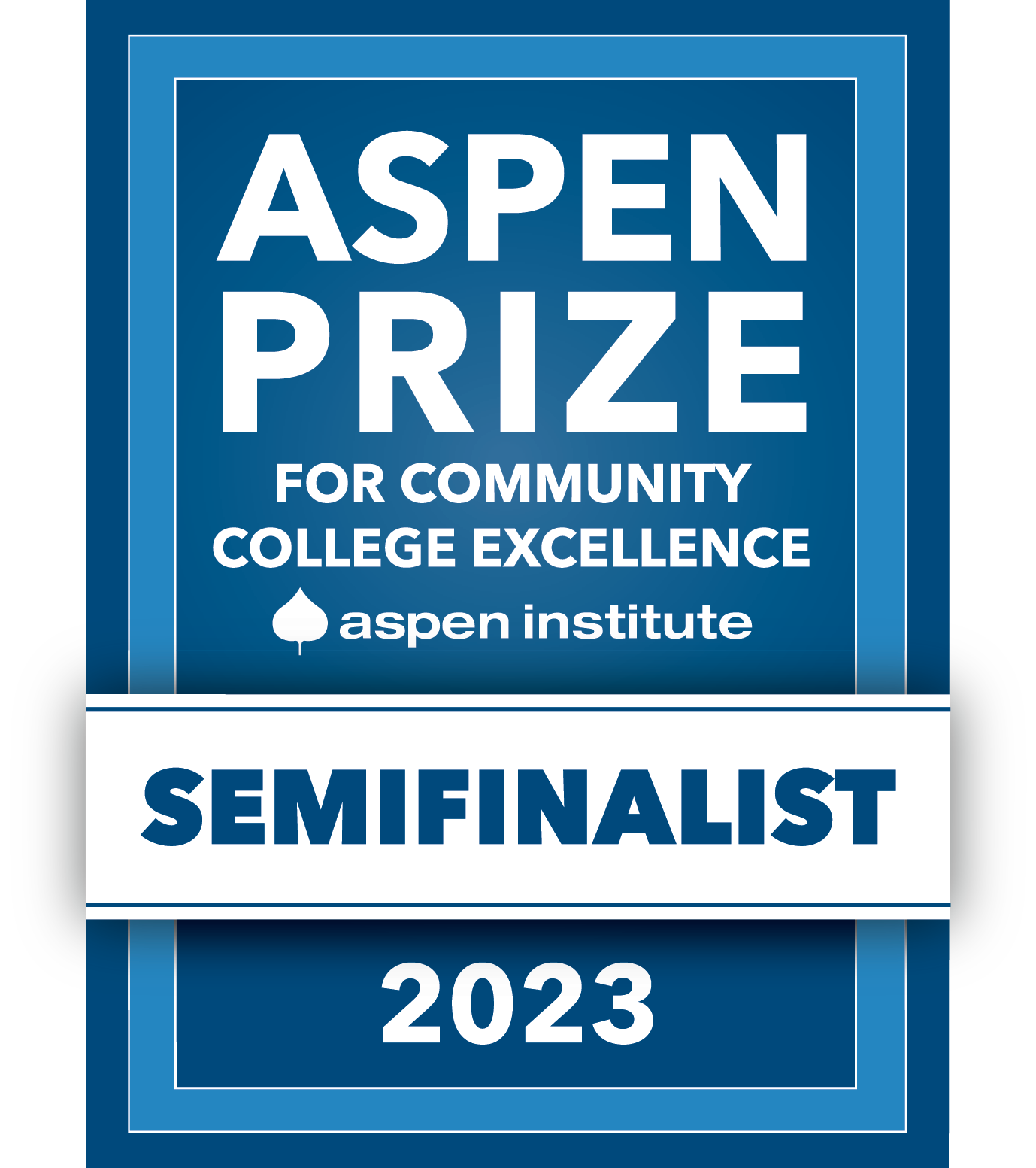- Welcome
- Campus Maps
- History
- Mission Statement
- Accreditation
- Administration
- Employment
- Human Resources Employment Process FAQ
- Position Vacancies
- Salary Schedule (PDF)
- Employee Benefits
- Paid Holidays
- Employee Handbook (PDF)
- Faculty Handbook (PDF)
- BENCOR Special Pay Plan (PDF)
- Social Security Collection and Usage
- Affordable Care Act Notice (PDF)
- Social Security Disclosure Summary (PDF)
- Tobacco-Free College
- Drug-Free Workplace & Campuses
- Technology Usage Acknowledgement (PDF)
- Employee Safety Manual (PDF)
- SFSC’s Annual Security and Fire Safety Report (PDF)
- Calendars
- News
- Social Media
- Honoring Our Retirees
- Celebrating Our Trustees
AVON PARK, Fla.–April 3, 2015–South Florida State College physics and astronomy professor Erik Christensen was honored recently as a “textbook hero” by Rice University’s OpenStax College and was present for the formal dedication of the “Christensen Conference Room.” Rice University is a private research university in Houston, Texas.
For the past month, Christensen has been collaborating in the production of short and dynamic videos about physics with OpenStax College and Trailer Park, Inc., a Hollywood, Calif.-based video production company.
The first video, on terminal velocity, was recently completed. “This is our proof-of-concept and, if we can get funding, our goal is to produce 30 more short videos, each linked to a specific chapter or topic in the OpenStax College physics textbook,” Christensen said.
Christensen was the textbook’s anchor reviewer. During the past three years, the textbook has gained 20 percent of the national market share of algebra-based physics textbooks. “Who would have thought teaching physics could be so fun,” Christensen said.
As a professor at SFSC, Christensen has certainly earned the title “textbook hero” by giving his students the ability to use open textbooks in his classes. Open textbooks are available online for free use by students, teachers, and the public. OpenStax College offers free textbooks that are developed and peer-reviewed by educators.
“Open textbooks increase students’ access to higher education,” said Christensen. “By reducing the cost for a textbook, it reduces the cost over the course. I have students who have said that they’ve been able to graduate a semester earlier because they could take more courses. One of my students said he could put groceries on his table for the month because of the savings. I’ve, basically, cut out about $250 worth in textbook cost. So a 4-credit course that requires a textbook would be approximately $400 rather than $650; therefore, students realize an almost 40 percent reduction in the cost of one course.”




